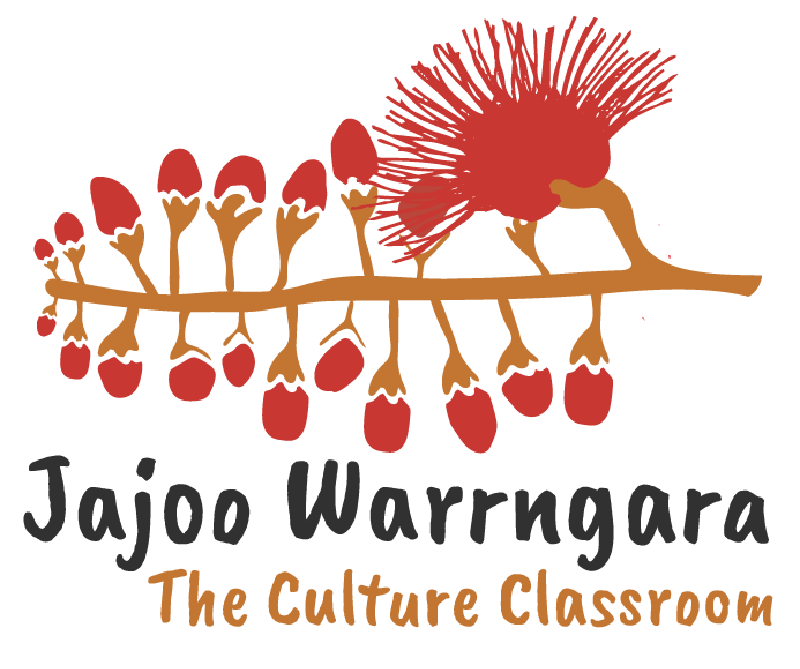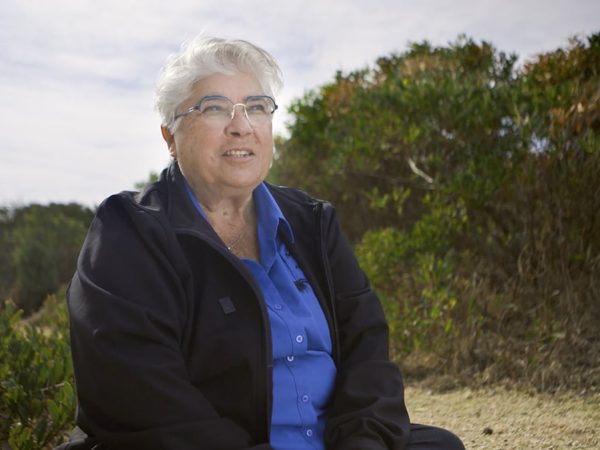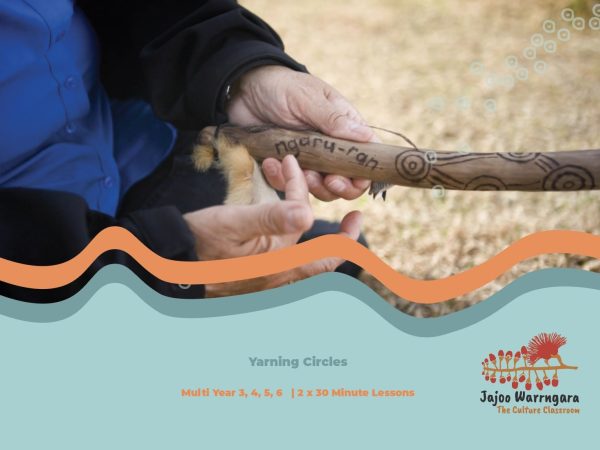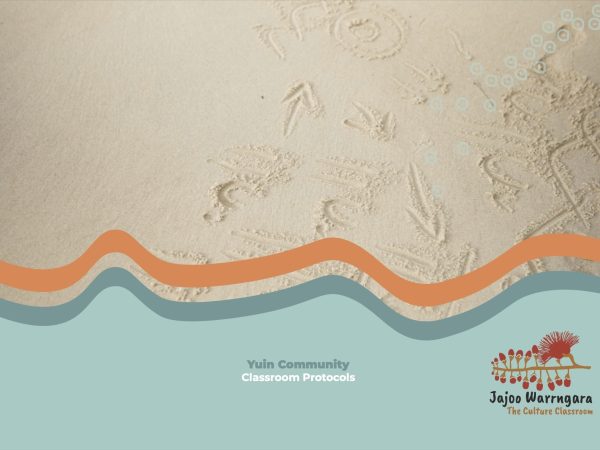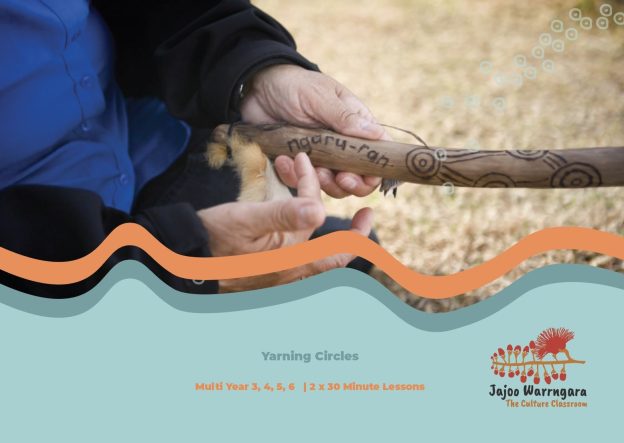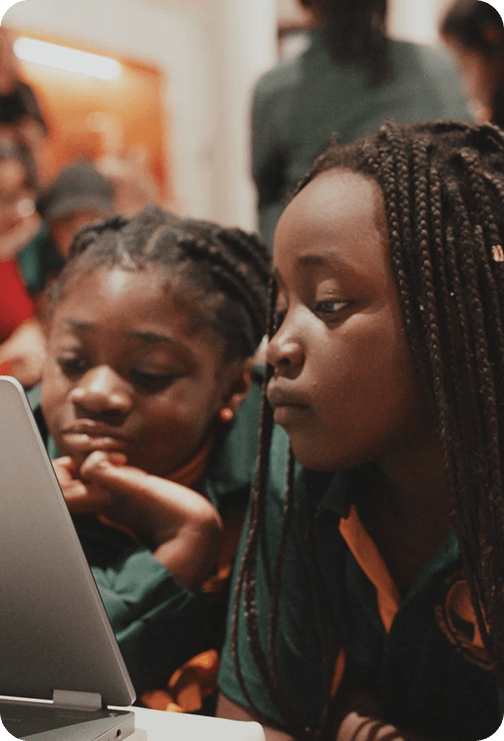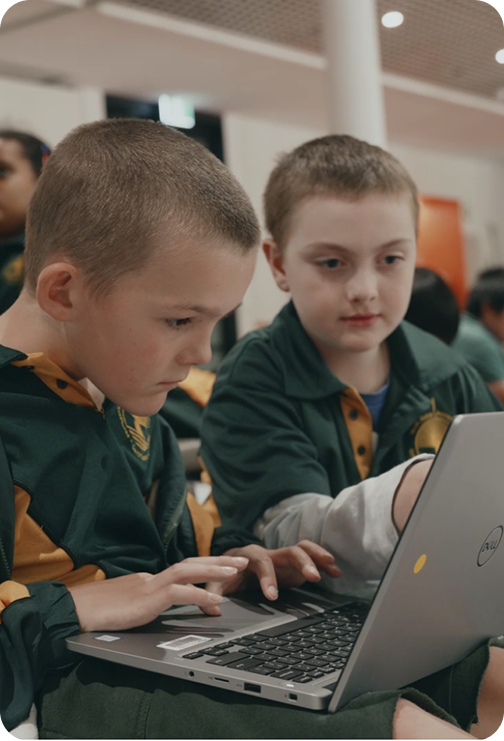Learning Areas
English
In this unit
This unit explores the cultural significance and contemporary use of Yarning Circles through the teachings of Brinja-Yuin Walbunja Elder Aunty Trish Ellis. Engage in reflective discussion, build skills in respectful dialogue, and experience the value of listening and shared learning in a culturally safe way.
This unit includes:
Learning Areas
Cross Curriculum Priorities
Aboriginal and Torres Strait Islander Histories and Cultures
Related Units
Unit Content
